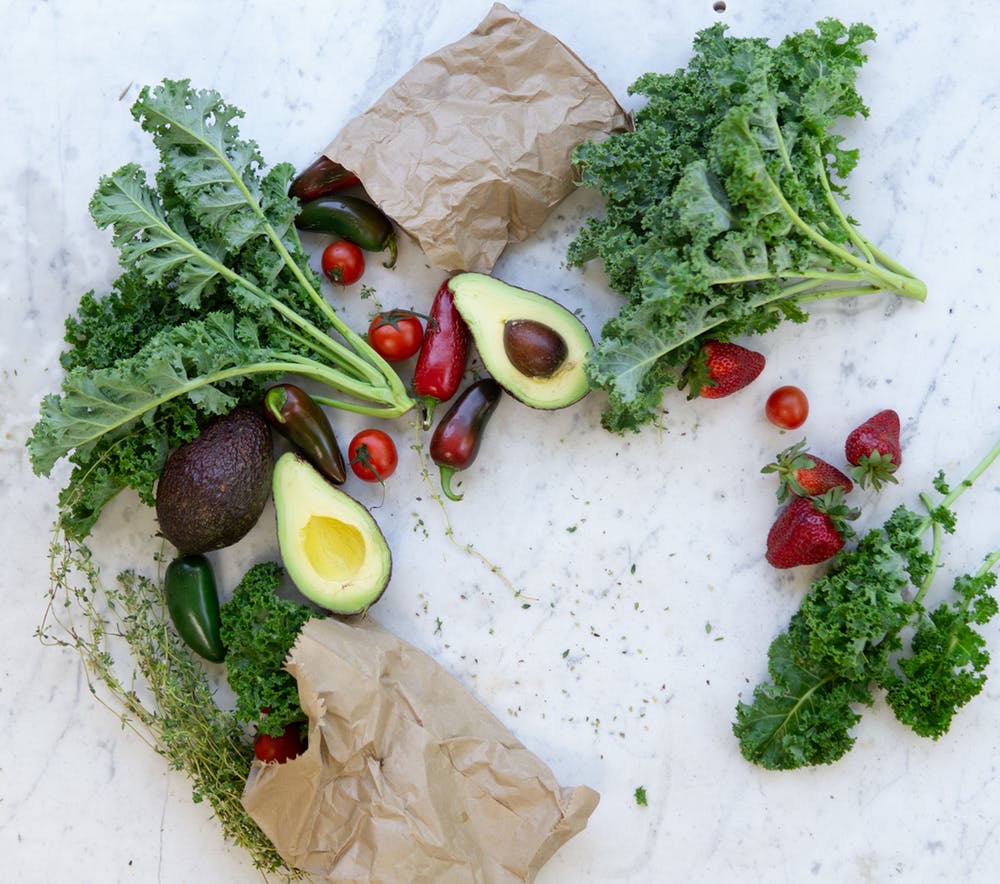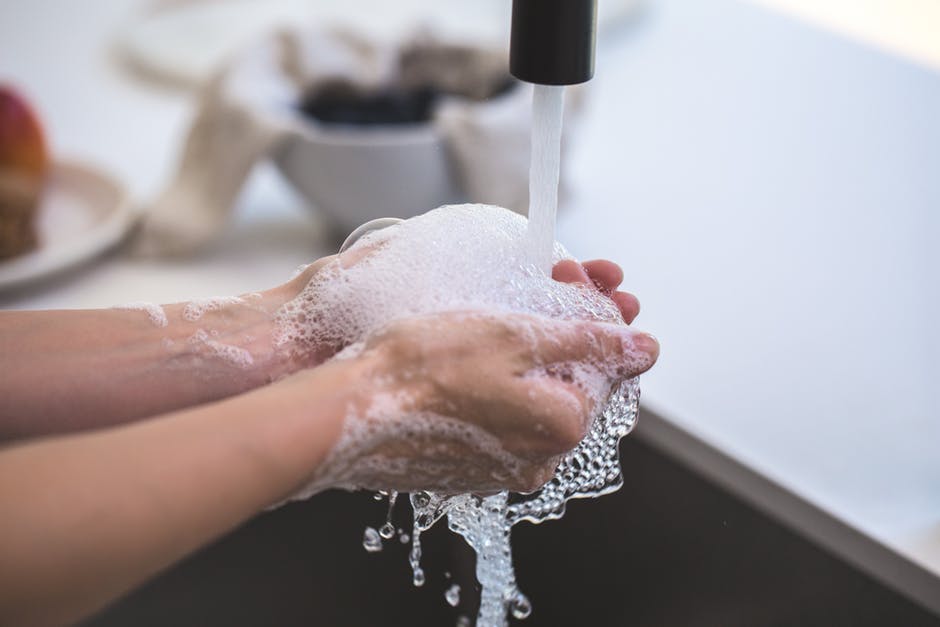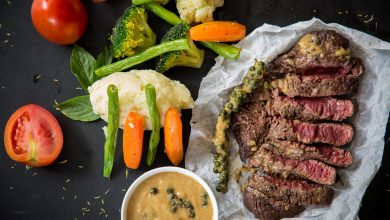
Adopting the Right Diet Habits to Prevent Food Poisoning
There is not much you can do to prevent food poisoning without adopting hygienic eating habits that will keep your food safe and germs free. At a point in time, almost all of us would have experienced food poisoning. People who tend to eat in places like public restaurants, picnics, social outings, or school cafeterias will most likely experience food poisoning very often.
But the funny thing is, while battling this condition, we tend to promise ourselves to be more cautious of what we eat or drink in the future. However, once we are over it, we quickly forget how uncomfortable we feel and go back to our bad eating habits.
This article aims to shed light on the major causes of food poisoning and how to adopt the right diet habits to prevent it.
What are the Major Causes of Food Poisoning?
Quite often, food poisoning occurs as a result of taking foods or water that have been contaminated with norovirus or bacteria like salmonella or Escherichia coli (E. coli). When these infectious organisms are present in your meal, they will infect your food and cause severe disorders within your body system upon ingestion. You will notice some symptoms like constant stomach cramps, diarrhea, and even nausea or vomiting. This will ultimately lead to loss of body fluid and, if it persists, dehydration.
However, you are liable to experience food poisoning when you take some certain foods, especially if they have not been properly preserved or cooked. These foods include:
Vegetables

Vegetables are one of the most popular causes of food poisoning, and that is because they are usually consumed in their raw state. According to a study conducted in the US, the abundant presence of pathogens in leafy vegetables is one of the major culprits behind every case of food poisoning reported in the country. When you eat raw vegetables, you will most likely experience food poisoning and other related health disorders. Vegetables and some other leafy greens like tomato, spinach, cabbage, and lettuce contain harmful bacteria in their raw state. This usually happens whenever they come in contact with contaminated and toxic runoff water that leaches into the soil where they are germinating.
Additionally, contamination may occur from failure to implement hygienic practices when handling the processing equipment or during food preparation. Before you take any vegetable or fruit, ensure that you wash them thoroughly and, if possible, go for refrigerated or prepackaged salads that are free from the causative agents of food poisoning.
Rice
When you decide to eat uncooked rice, you will be exposing your body to food poisoning, no thanks to the Bacillus cereus present in rice. Bacillus cereus is a harmful bacterium that produces the toxin that is responsible for food poisoning. When you allow your cooked rice to stay longer in a moist environment, more harmful bacteria will find their way in. To avoid such occurrence, make sure you dish out your rice as soon as it is cooked. You can preserve the leftovers in the refrigerator, where they are safe from the notorious Bacillus bacterium. Also, if you want to reheat your cooked rice, ensure you heat it thoroughly before you serve.
Poultry Foods
Most poultry products may get contaminated during the slaughtering and chopping process. If you are fond of eating uncooked poultry products, you are liable to suffer from food poisoning very often. Research studies show that about 41-81 percent of chicken product sold in the market contains Campylobacter bacteria, while 4-7 percent of poultry products are contaminated with Salmonella, which are the most prominent causative agents of food poisoning. Fortunately, you can get rid of these harmful bacteria when you avoid eating raw poultry foods. You can also avoid placing your poultry foods in a place where they can easily get in contact with and contaminate your kitchen utensils and equipment. Ultimately, ensure that you cook your meat thoroughly to kill off all bacteria that may cause food poisoning.
Fish (Including Shellfish)
When not adequately preserved, fish and shell may contain some bacteria and toxins like histamine, which can lead to food poisoning. That is why you need to apply correct preservation techniques and ensure that you store your fish at the correct room temperature to prevent contamination. Shellfish are also prone to contamination from dirty water runoff, sewage, and other toxic fluids, so it is better to avoid buying your seafood from untrusted sources and stick to store products only. If you are not going to cook your fish immediately, preserve it in the refrigerator until you are ready to eat it.
Additionally, ensure that you cook your fish thoroughly before eating.
Unpasteurized Dairy
Unpasteurized dairy products usually harbor some microorganisms, including E. coli, Listeria, and Salmonella, which cause food poisoning. Foods like milk and cheese require to undergo a pasteurization process before consumption. The above-listed foods usually come with harmful bacteria in their raw state. The pasteurization process will kill these harmful bacteria and make your milk less likely to cause food poisoning when eaten. There’s no wonder why most big industries use this method to produce healthy foods for their consumers.
Develop These Healthy Diet Habits to Prevent Food Poisoning and Related Diseases
To prevent food poisoning, you have to be careful while selecting your choice of food. A half-done food may retain some bacteria in the food. Consuming these types of food will expose you to severe health challenging issues. Following these tips will enable you to prevent food poisoning:
Wash Every Raw Meat Before Cooking
If you are fond of cooking meat without washing it properly, you will be endangering your health when you eat such meat. That is why you need to wash your meats properly with clean water before steaming to kill all harmful microorganisms.
Wash Your Hands

We tend to carry a lot of infectious germs and bacteria in our hands as we interact with people and from place to place. Since these germs and bacteria are invisible to the naked human eye, they can sneak into your food and contaminate without you knowing, which may lead to food poisoning. That is why you need to wash your hands properly and regularly before handling, eating, or touching any food utensils and ingredients. For optimal effect, you can stop the spread of these germs and bacteria in their tracks by using a sanitizer.
Cook Your Food Thoroughly
Eating half-cooked foods, most especially undercooked meat, can cause you to ingest the salmonella bacteria, which is notorious for causing food poisoning and other health disorders. Therefore, cook your food thoroughly before eating to heat up the bacteria until they die.
Avoid Taking Expired Foods
When next you visit the grocery store, ensure that you check the expiry date of the foods you intend to buy before making a purchase. The food manufacturers added the expiration date to educate their consumers on when the food is due for disposal.
Keep Leftover Food in the Fridge

The fridge helps to keep your food fresh for days. You can take advantage of this food preservation technique to preserve your food and keep it safe from some harmful bacteria.



